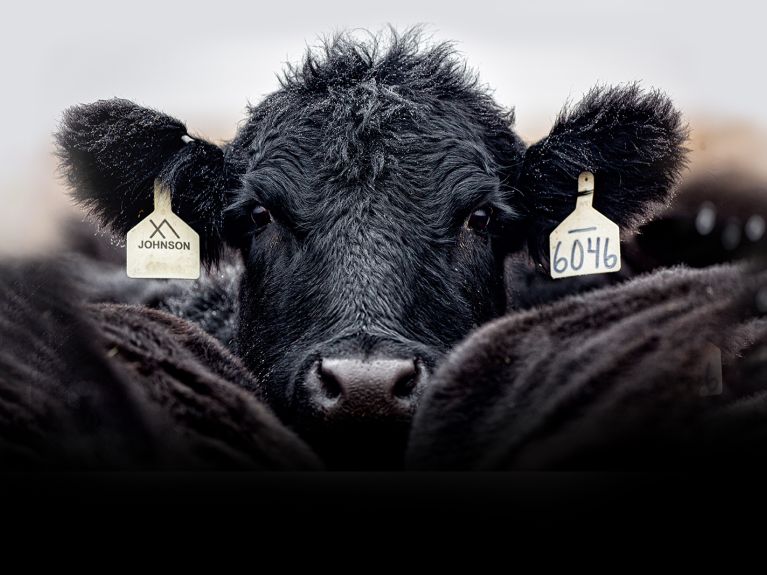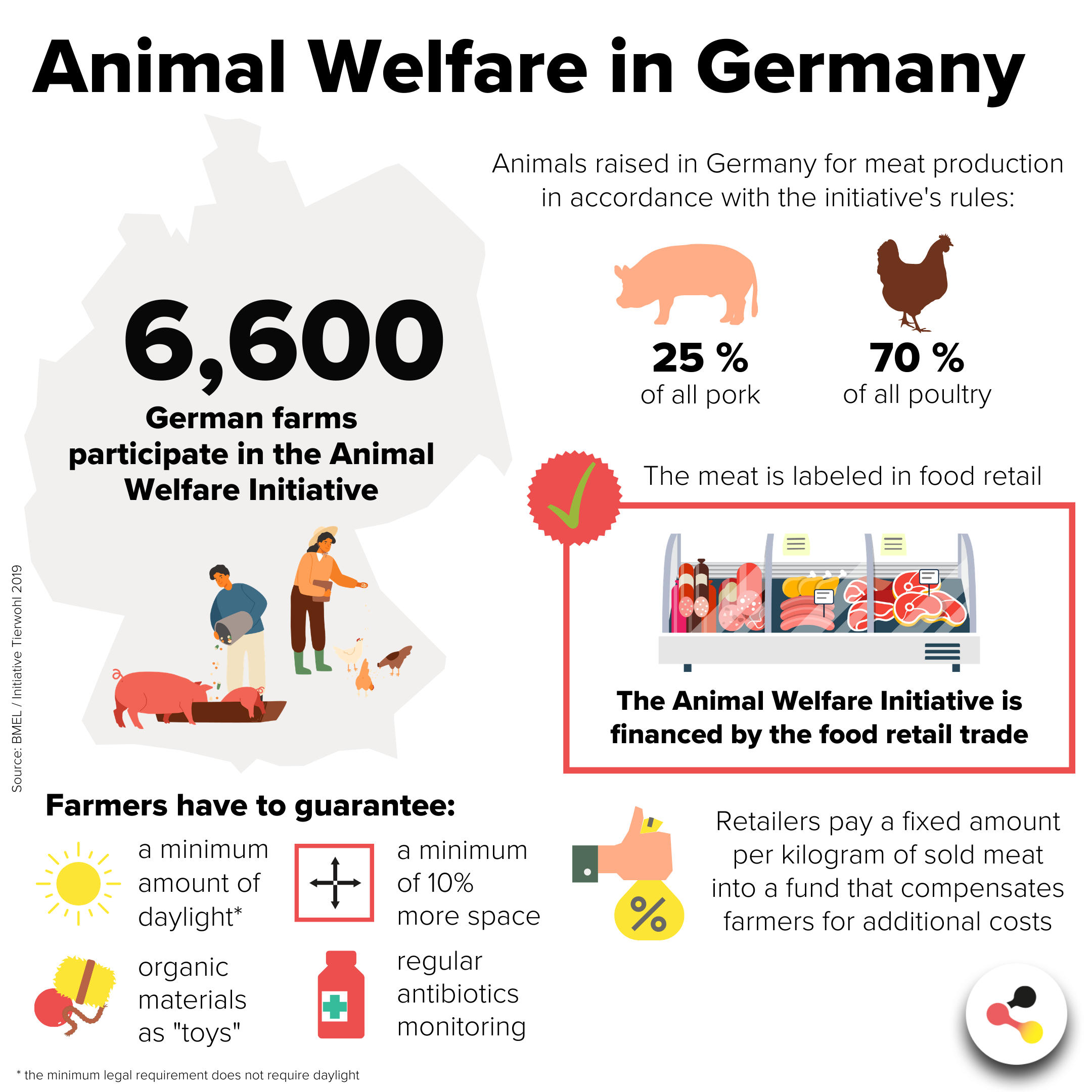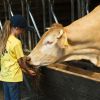Rethinking livestock farming
Animal welfare is expected to improve significantly by 2040 – that is the goal of the Borchert Commission. We spoke with Jochen Borchert.

In 2019, Federal Agriculture Minister Julia Klöckner set up the Borchert Commission to develop options for reorganizing livestock farming. Under the chairmanship of the former Minister of Agriculture Jochen Borchert, the competence network will re-design livestock farming.
Mr. Borchert, 90 percent of the meat in Germany comes from animals in animal housing. Pigs, cattle and chickens have very little space in such facilities, which leads to stress and boredom. Could that change soon?
The chances are good that it will. At the beginning of July 2020, the Bundestag voted to implement our recommendations for reorganizing livestock farming. Seldom has a proposal by a working group received such broad approval. In an open letter, agricultural associations and non-governmental organizations such as the German Society for the Protection of Animals and Greenpeace got in touch with the Bundestag and asked it to implement the proposals.

How will animal housing look in the future?
For example, housing level 3 for fattening pigs means that the animals have a lot more space, access to the outside area and different areas to run or rest. That accords with appropriate keeping. Pigs are smart, so they are given different opportunities to dig and discover. Veterinarians will monitor health. These are optimal conditions.

How much are consumers responsible when it comes to animal welfare?
If consumers did what in surveys they say they would do, the situation would be completely different. Two out of three respondents in studies state that they would spend more money on better meat. The Osnabrück University of Applied Sciences examined the actual practice – and it was less than 20 percent who bought the more expensive, better meat. We’re talking here about the citizen-consumer gap.
How do you intend to finance the restructuring?
Our production must remain competitive. We therefore want to levy a tax of 40 cents per kilogram on meat and meat products, 15 cents per kilo on cheese and butter, and two cents on milk, milk products and eggs. This covers the production costs and the burdens to the consumer are acceptable. There would be a flat-rate compensation for the needy.
You would like to receive regular information about Germany? Subscribe here:


